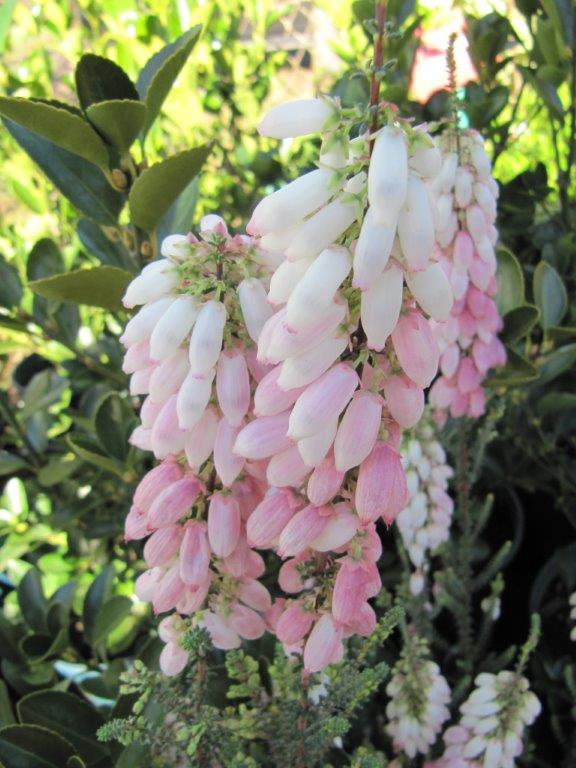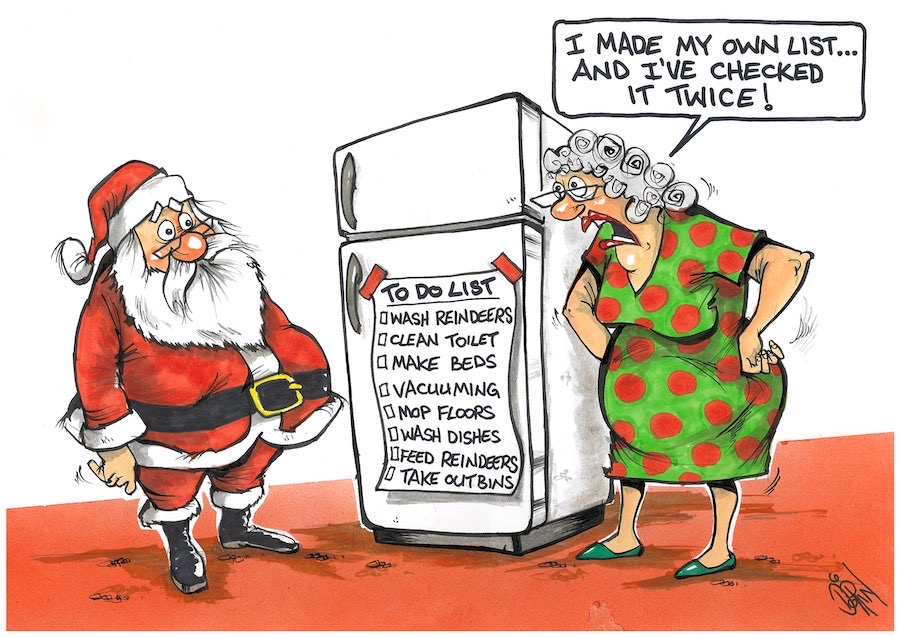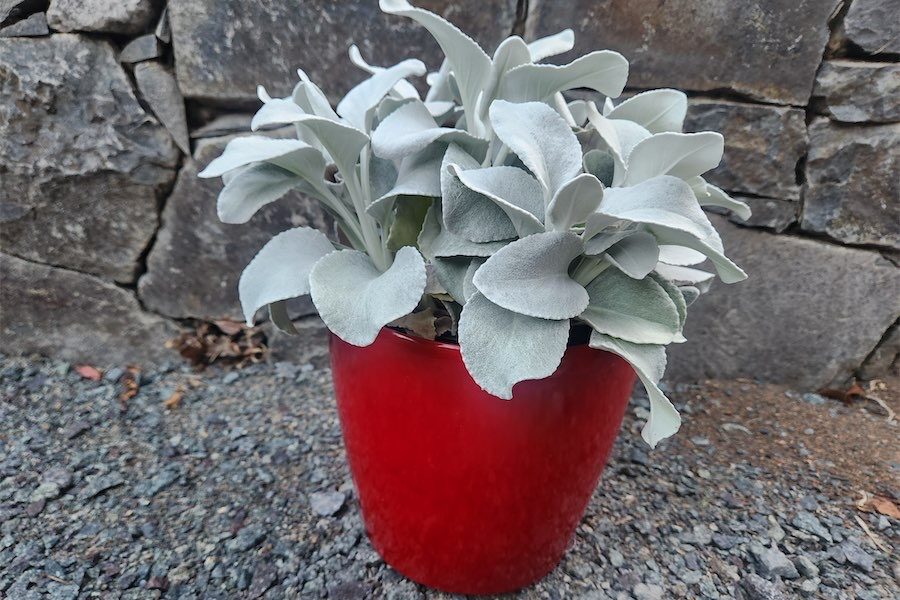
“Ericas grow happily either in full sun or filtered shade and, like most plants, prefer a well-drained soil,” says gardening columnist CEDRIC BRYANT.
ERICAS or heaths make a spectacular swath of purple, beloved by visitors to Scotland.

They are also indigenous throughout the Mediterranean region and Southern Europe. They like the same growing conditions as other acid-loving plants such as daphne, azaleas, rhododendrons and most native plants.
Ericas grow happily either in full sun or filtered shade and, like most plants, prefer a well-drained soil. They will not tolerate heavy clay or water logging.
Here are some suggestions. I say some because, for example, “Hillier’s Manual of Trees and Shrubs” lists no less than 130 varieties.
Here are some tried-and-tested varieties that I know will grow well locally, starting with the long-time favourite Erica darleyensis pink form, that I used at the front entrance when I designed the gardens at the National Film and Sound Archive.
It’s very compact and ideal for growing as a low hedge along the edge of paths. This makes a colourful alternative to the ubiquitous box hedging. I find the pink flowers much better than the white.
Other varieties include Erica cerinthoides with long stems topped with soft-pink flowers. This grows to 60cm high with a similar spread. E. carnea “Pink Pearl” is also of a similar size and colour, and looks superb in a bold group combined with E. carnea “Ruby Glow”. By bold, as with all shrubs, I mean that they look most effective in groups of three, five or seven.
The name of E. “Raspberry Ripple” was influenced by one of Britain’s favourite ice creams of the same name. In flower, it looks good enough to eat!
Possibly one of the most floriferous is E. melanthera that, when covered in its rich purple flowers, hardly a green leaf can be seen. Certainly one of my favourites, but do not let that influence you, check it out at the garden centres.
POLYANTHUS is one of the great winners for a floral display in winter and is not affected by frost. Planted in groups, it can make a colourful display that will last well into early summer.

WE have had some wicked frosts of late, which are capable of killing the flowers on fruit trees with the result of no fruit next season. But, please, don’t cut the frost-affected leaves on evergreen shrubs and trees – they are protecting the softer leaves underneath. Wait until all frosts are over.
ALL stone fruits, such as apricots, peaches, plums and nectarines, only require one variety of tree to produce fruit. However, apples and pears require two different varieties of trees to produce fruit, such as two apples or two pears that flower at exactly the same time for the bees to carry out cross pollination.
Anyone with a small amount of space could consider two varieties of fruit grafted on the one tree but, of course, if one of the duo dies then there’s no cross pollinator.
In addition, the two varieties will often grow at a different rate, resulting in a lop-sided tree. Unless the gardener is familiar with pruning, the different growth rates can present, albeit minor, difficulties.
And, incidentally, dwarf fruit trees do not have dwarf fruit, it is only the trunk of the tree that is small.
This is a “best-of” compilation of Cedric’s columns over the past 10 years.
Who can be trusted?
In a world of spin and confusion, there’s never been a more important time to support independent journalism in Canberra.
If you trust our work online and want to enforce the power of independent voices, I invite you to make a small contribution.
Every dollar of support is invested back into our journalism to help keep citynews.com.au strong and free.
Thank you,
Ian Meikle, editor




Leave a Reply